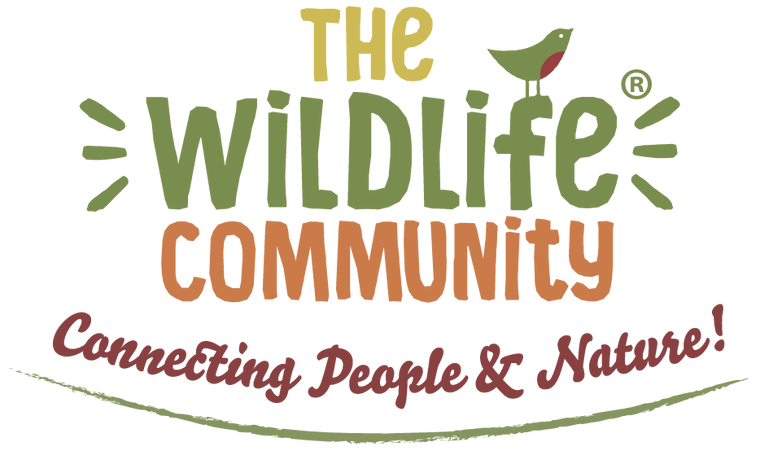
Prime Nesting Season
Flowers are springing up in our lawns, the Wood Pigeons are engaging in courtship displays along the garden fence, it’s safe to say that summer is well and truly on its way! This is also the peak nesting period for many species of birds that you might find in your garden. Blue and Great Tits are likely to be feeding chicks now, some still in the nest, others already fledged. Blackbirds, Robins and Song Thrushes have probably raised their first brood and are well on to their second or even third family of the year.
Have a look in your garden on a sunny day and see if you can spot any fledglings hopping up and down following their parents as they forage for food. This baby Blackbird was spotted in the garden of one of our staff members, snacking on some tasty leftover melon! (see inset pic)

Although this is all part of a natural cycle, there are still ways that you can help your garden visitors to thrive and survive, giving busy bird parents the best chance of raising a happy and healthy brood.
You can support the many hungry mouths in your garden by providing suitable, high quality wildlife foods. A box of dried mealworms and waxworms can help families struggling to find sufficient invertebrate prey for their chicks and this is especially true after heavy downpours which can wash the bounty of naturally occurring caterpillars from the leaves of nearby trees. This may also be an issue if you have neighbours who are using pesticides in their gardens which will of course reduce the number of insects available to the birds. You can help by having conversations about the knock on effect of using harmful chemicals and remembering that communication is one of our most powerful tools if we use it correctly!
If you’re lucky, you may spot birds putting mealworms into puddles and bird baths to soften them before consumption! A clever trick used by several garden species.
Other foods to help both adult and newly hatched chicks are high energy mixes with nutritious, easy to digest seeds such as sunflower hearts pinhead oatmeal and mixes for insectivorous birds. But remember to avoid offering whole peanut kernels and lots of fatty foods at this time which can choke or harm younger, inexperienced birds.
As we approach the warmer months, it is important to provide fresh clean drinking water as natural sources can sometimes be scarce. You may see birds drinking, bathing and cooling down in your bird bath, an avian pool party!
The Wildlife Community is committed to connecting people and nature we have plenty of top quality products to help you to help your garden visitors thrive this nesting season. Don’t forget, if you sign up as a member, you will qualify for a further 10% off the price at the checkout!



